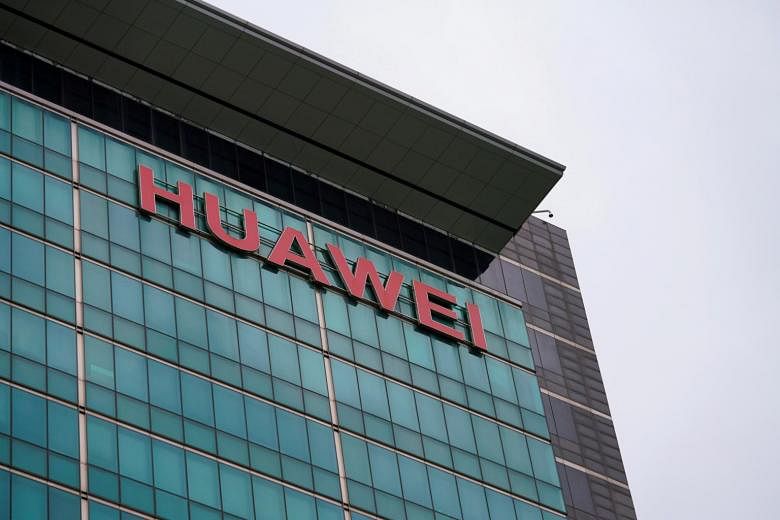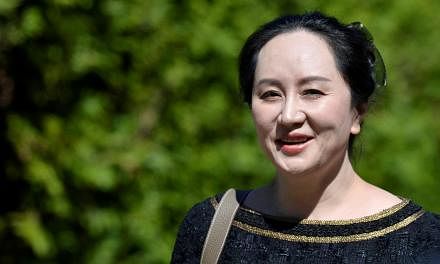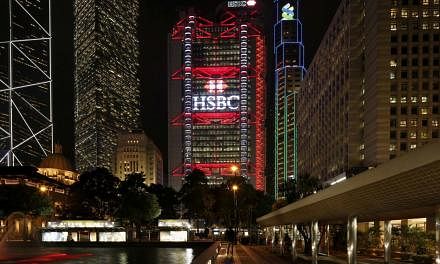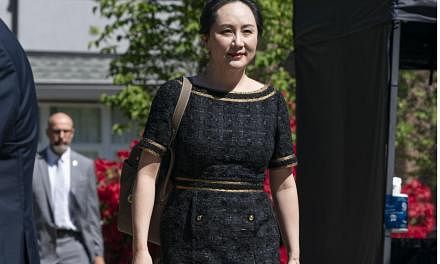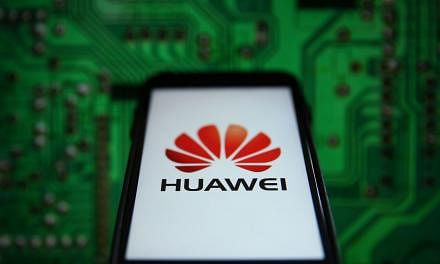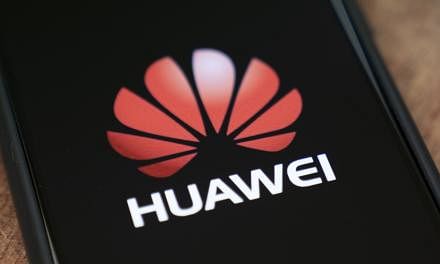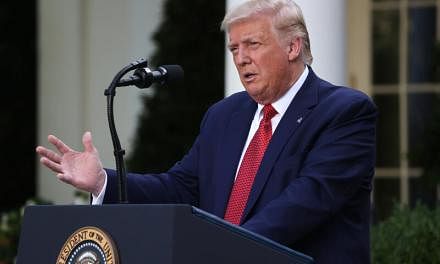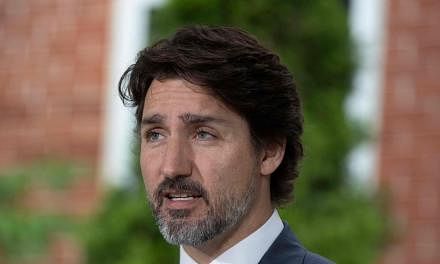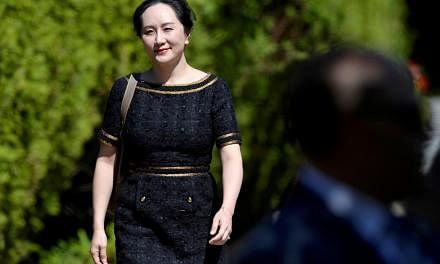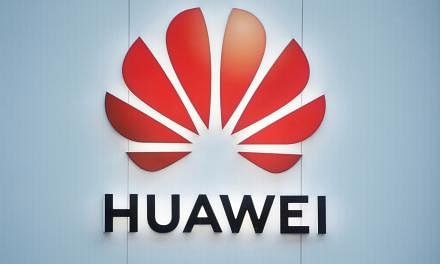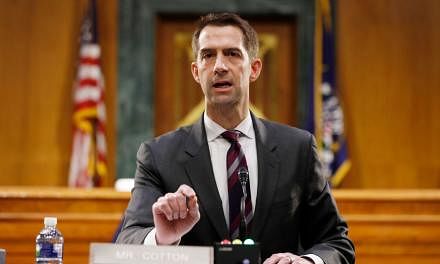WASHINGTON (WASHINGTON POST) - United States President Donald Trump risks a furious political backlash if he agrees to soften penalties for Chinese telecommunications giant Huawei to speed trade talks with China, according to former administration officials and trade analysts.
Chinese President Xi Jinping is expected to ask Mr Trump to lift a ban on US companies selling components to Huawei when the two leaders meet at the Group of 20 summit in Japan on Friday night (June 28) Washington time.
Prominent lawmakers, including Republican Senators Marco Rubio of Florida and Mitt Romney of Utah and Democratic Senator Mark Warner of Virginia, have warned Mr Trump not to ease up on Huawei, which the President has described as "very dangerous" to US security.
"Lifting #Huawei ban would be catastrophic mistake," Mr Rubio tweeted on Thursday.
Senate Minority Leader Charles Schumer urged the President: "Stay tough. Do not give in. Make sure Huawei can't come to the United States, and we cannot supply it."
The Commerce Department last month placed Huawei on its "entity list", which requires US companies to obtain a government licence before supplying the Chinese company. Administration officials say the Chinese government could exploit Huawei equipment to spy on or disrupt US communications networks.
The Commerce Department move, often regarded as a corporate "death penalty", came days after trade talks between Washington and Beijing collapsed, dashing hope of a sweeping deal. Mr Trump then said that he might make a package deal with Mr Xi that would address trade issues and the fate of the Chinese company, which reported almost US$105 billion (S$142 billion) in sales last year.
Mr Derek Scissors, a China expert at the American Enterprise Institute, said the only question is what price Mr Trump exacts in return for conceding on Huawei. The President prioritises reducing the US trade deficit more than potential vulnerabilities in US networks, he said.
But mounting congressional concern about China could turn a Huawei case into a revolt, the occasional administration adviser said.
"You're not going to have any trouble overriding a veto," said Mr Scissors. "If (Senate Majority Leader Mitch) McConnell allows a vote, you're going to get 75 senators."
Mr David Hanke, a former Republican aide on the Senate Intelligence Committee and now a partner at Arent Fox, added, "There's going to be bipartisan anger."
For hawks, Mr Trump's recent Huawei remarks recalled his handling last year of ZTE, another Chinese telecommunications company that Commerce had blacklisted. After Mr Xi complained about the potential loss of Chinese jobs, the President agreed to lift the ban in return for ZTE paying a US$1 billion fine.
An analysis of Huawei products released on Wednesday found that more than half had serious security flaws that would allow access to unauthorised users.
"In virtually all categories we examined, Huawei devices were found to be less secure than those from other vendors making similar devices," concluded Finite State, a Columbus, Ohio, cyber-security firm.
Huawei has denied allegations that it represents a danger to US security.
In the trade talks with Beijing, the administration wants China to buy significantly more US products and to stop discriminating against foreign companies.
As Mr Trump prepares to meet Mr Xi in Osaka, Japan, lawmakers are stepping up warnings against trading security for those goals.
"Huawei and the other companies placed on the entity list were added because their structure, financing and controlling powers are a clear and present danger to America's long-term security," Senator Ron Wyden of Oregon, the top Democrat on the Senate Finance Committee, said on Thursday.
"Removing any of these entities as part of a trade deal is sacrificing the safety of American families for some quick bucks and political points."
Along with the Commerce Department action, the President last month signed an executive order that sets the stage for banning Huawei from providing equipment for any US network.
"Going forward, Huawei is going to be a smaller company, a more geographically constrained company, still focused heavily on developing countries," said Mr Robert Spalding, a retired Air Force general who served on the National Security Council earlier in the administration.
Some analysts suggested the President might lift the ban on US companies supplying the Chinese company while still prohibiting Huawei from selling its gear in this country.
"One could argue that there is a difference between allowing Huawei into your networks and letting them produce handsets for use outside the United States," said one person familiar with administration thinking, who spoke on the condition of anonymity to discuss internal debates.
Administration officials also are urging US allies to avoid Huawei. In a June 13 letter, Mr Rubio and Mr Warner said the prospect of Mr Trump shelving security concerns to make a trade deal was undermining those efforts.
In recent days, administration deliberations about areas of potential agreement for the leaders' meeting have been in flux. Some analysts said the President would hold firm.
"Two weeks ago, I was really worried. Now, I'm a little less worried," said one person familiar with the discussions who spoke on the condition of anonymity because this person was not authorised to speak to the news media. "But we're living in Trumpland, so you just never know."
